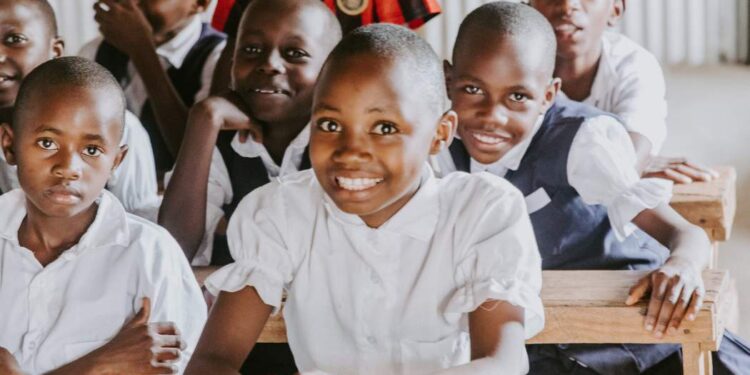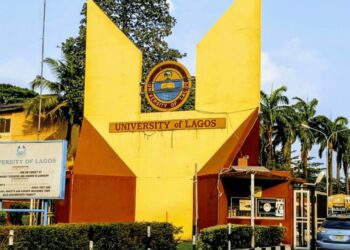The Kenyan government has made its strongest fiscal commitment yet to education, allocating a record Sh702.7 billion to the sector in the proposed 2025/26 national budget. The allocation makes education the top beneficiary, while the agriculture sector has suffered a sharp 20.1% funding cut.
Treasury Cabinet Secretary John Mbadi, while presenting the budget estimates to the National Assembly on Wednesday, described education as a “critical pillar” for national development and emphasized the government’s constitutional duty to ensure every Kenyan child accesses quality basic education.
“This budget reflects our priority in human capital development. I have proposed a total allocation of Sh702.7 billion to the Education Sector,” said Mbadi.
A significant portion—Sh387.2 billion—has been earmarked for the Teachers Service Commission (TSC). This includes Sh7.2 billion for the recruitment of intern teachers and Sh980 million for capacity building initiatives under the Competency-Based Curriculum (CBC).
Other key components of the education allocation include:
Sh7 billion for Free Primary Education,
Sh28.9 billion for Junior Secondary School capitation,
Sh51.9 billion for Free Day Secondary Education,
Sh5.9 billion for national examinations,
Sh3 billion for the school feeding programme,
Sh4 billion for Technical and Vocational Education and Training (TVET) projects,
Sh1.7 billion for school infrastructure improvements.
To promote equity and quality, the budget also provides Sh13.3 billion for primary education equity initiatives, Sh2.3 billion for secondary school improvement, and Sh993 million to support science, research, and innovation.
At the higher education level, Sh41.5 billion has been allocated for student loans through the Higher Education Loans Board (HELB), Sh16.9 billion for university scholarships, and Sh7.7 billion for TVET scholarships.
In contrast, the agriculture sector—which remains a key driver of the country’s economy—has seen its allocation slashed from Sh60.4 billion in the previous fiscal year to Sh47.6 billion.
Despite the cuts, the sector will still receive Sh8 billion for fertiliser subsidies and Sh10.2 billion for agricultural value chains. Other allocations include Sh800 million for small-scale irrigation and value addition, Sh1.2 billion for food security and crop diversification, and Sh5.8 billion to support food systems resilience.
Support for livestock development includes Sh2.3 billion for pastoral risk mitigation, Sh1.6 billion for livestock commercialization, Sh280 million for value chains, and Sh340 million for the Leather Industrial Park at Kenanie.
Mbadi defended the reallocation strategy, stressing that the focus on education is part of the government’s broader long-term plan to enhance national productivity through skill development.



















































































 EduTimes Africa, a product of Education Times Africa, is a magazine publication that aims to lend its support to close the yawning gap in Africa's educational development.
EduTimes Africa, a product of Education Times Africa, is a magazine publication that aims to lend its support to close the yawning gap in Africa's educational development.